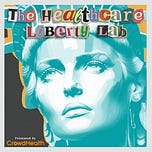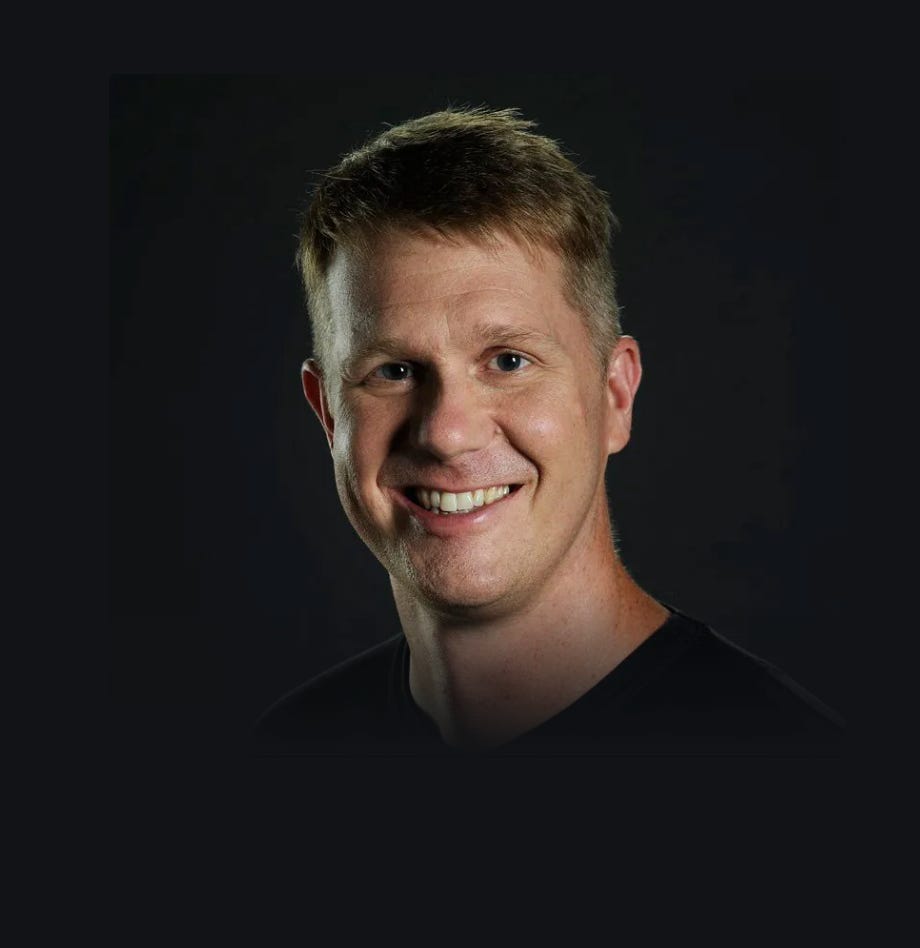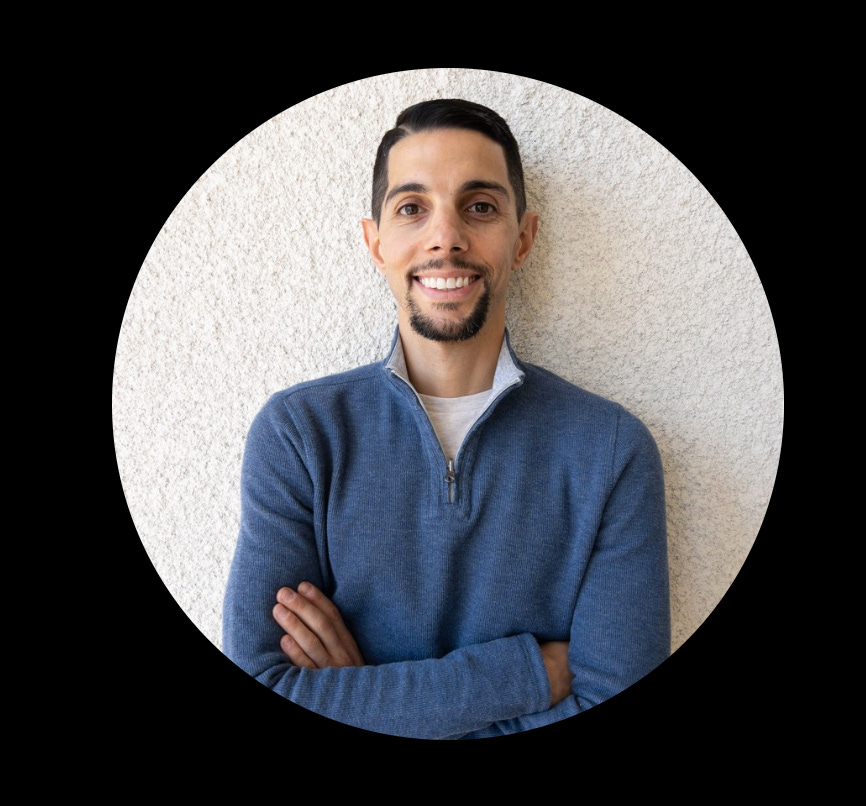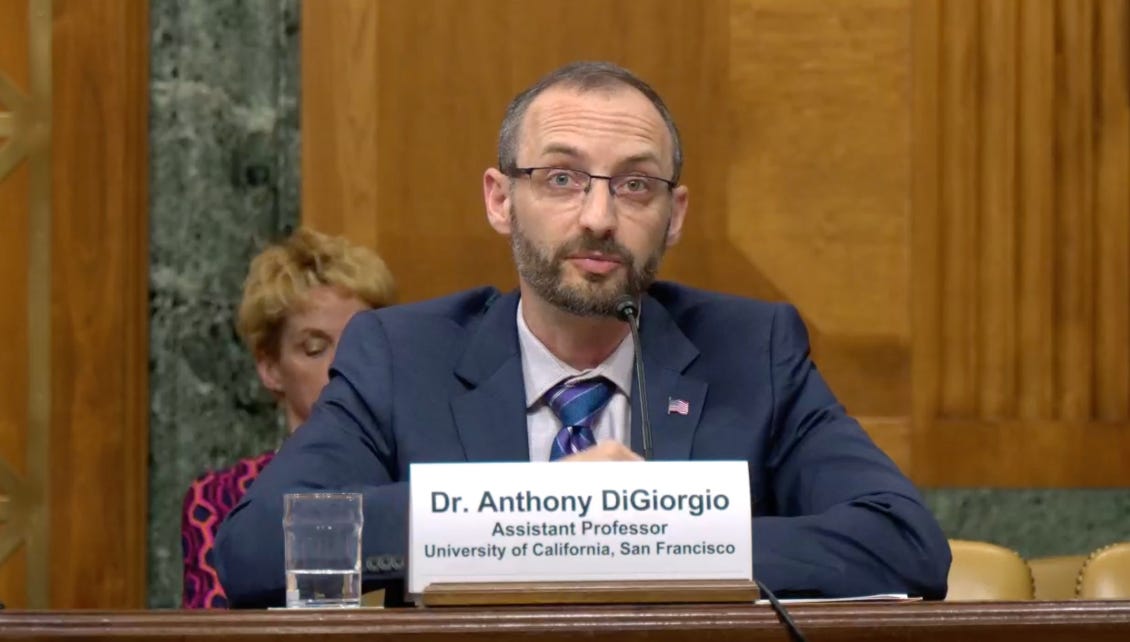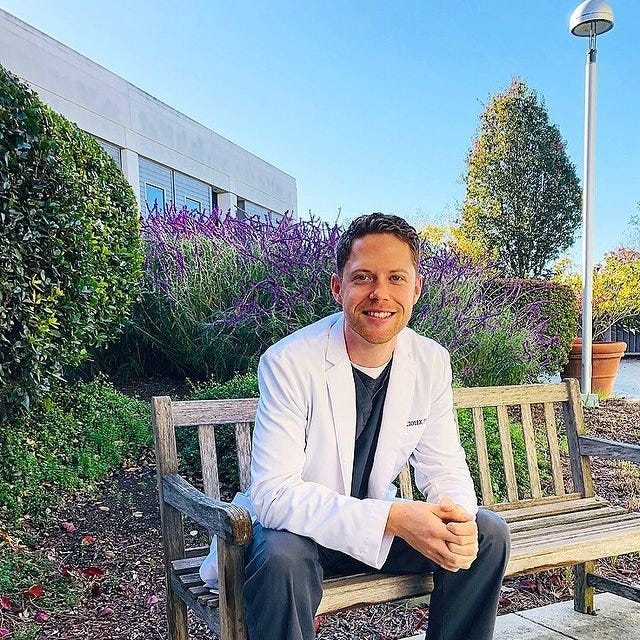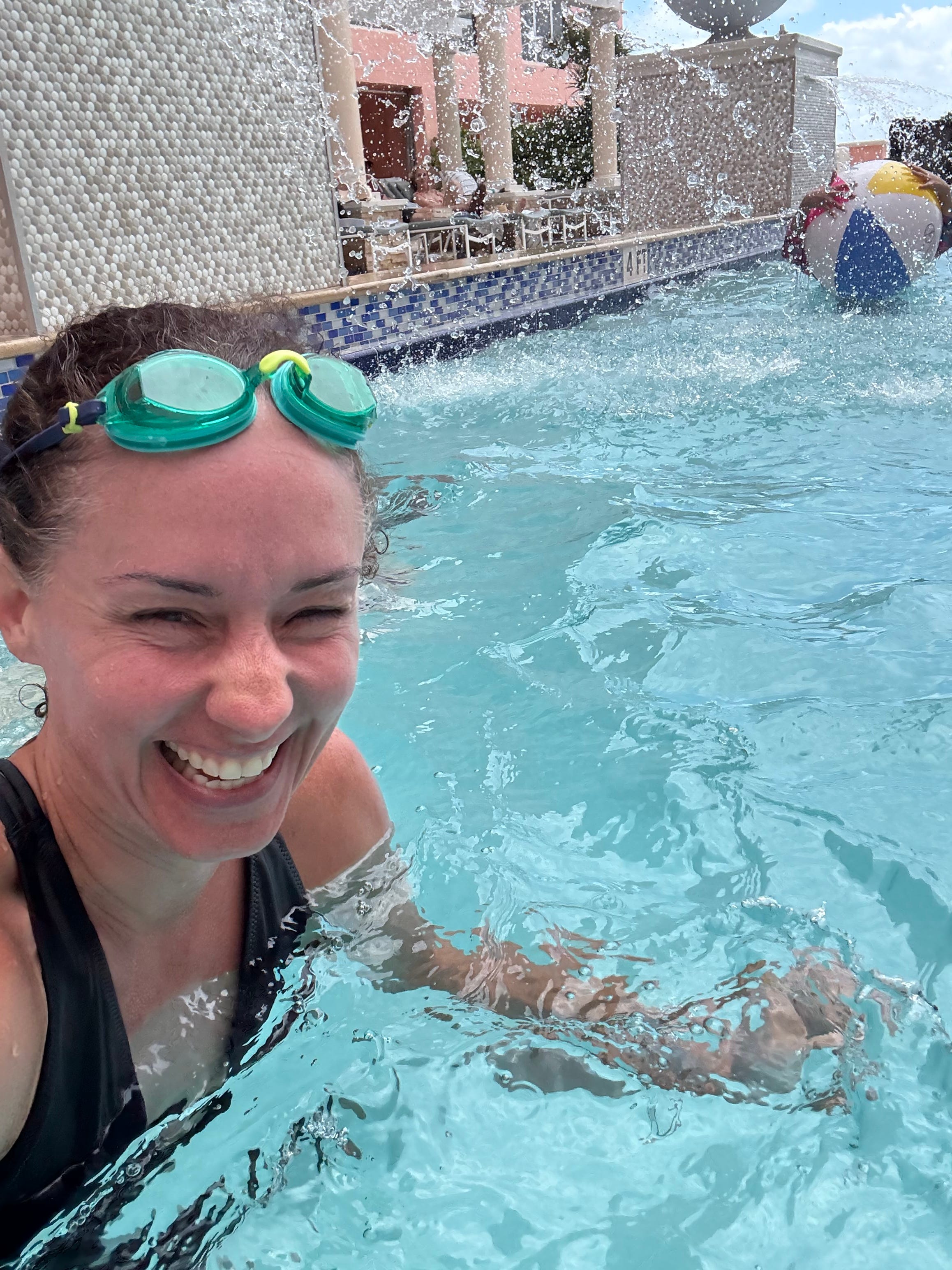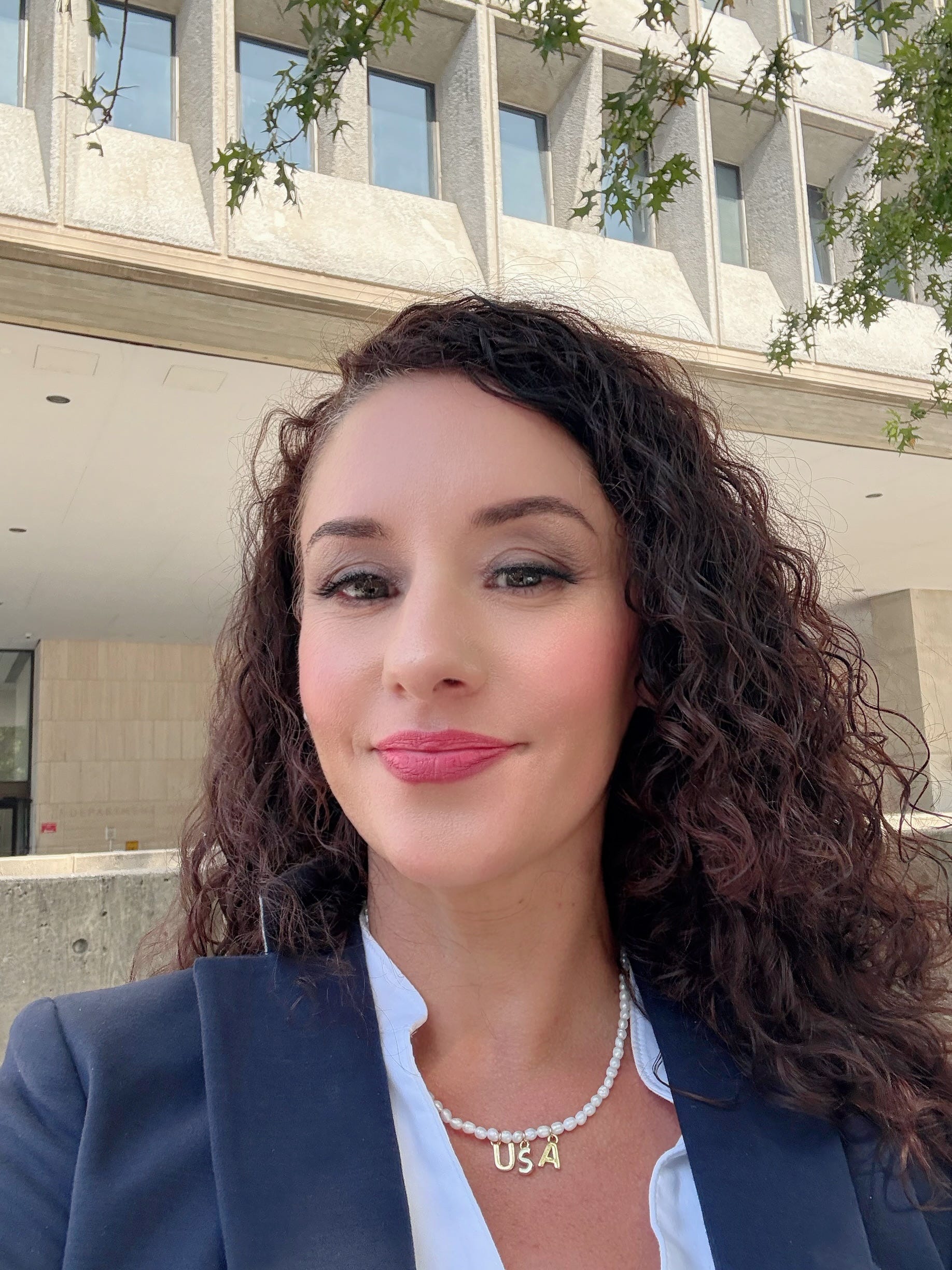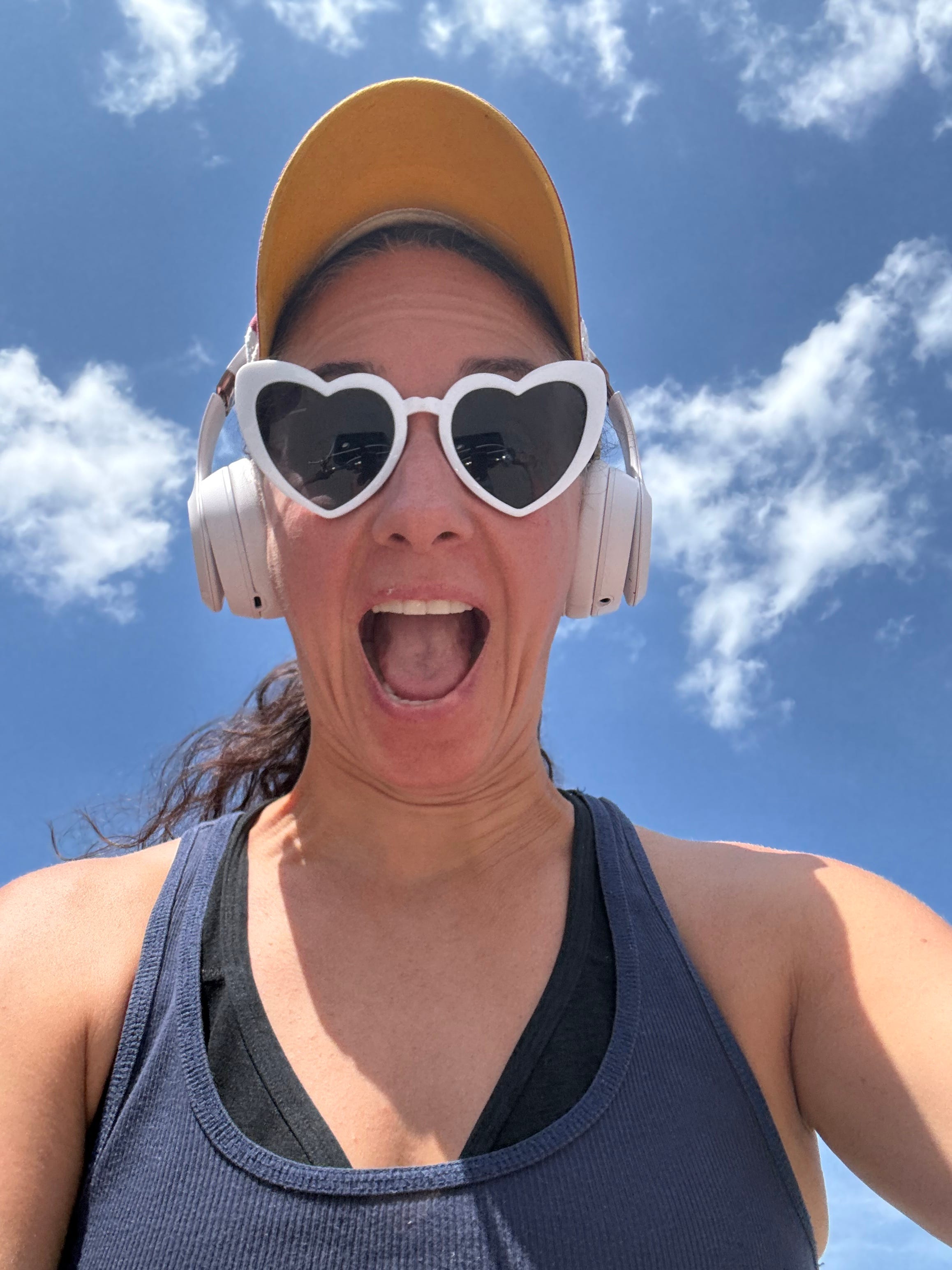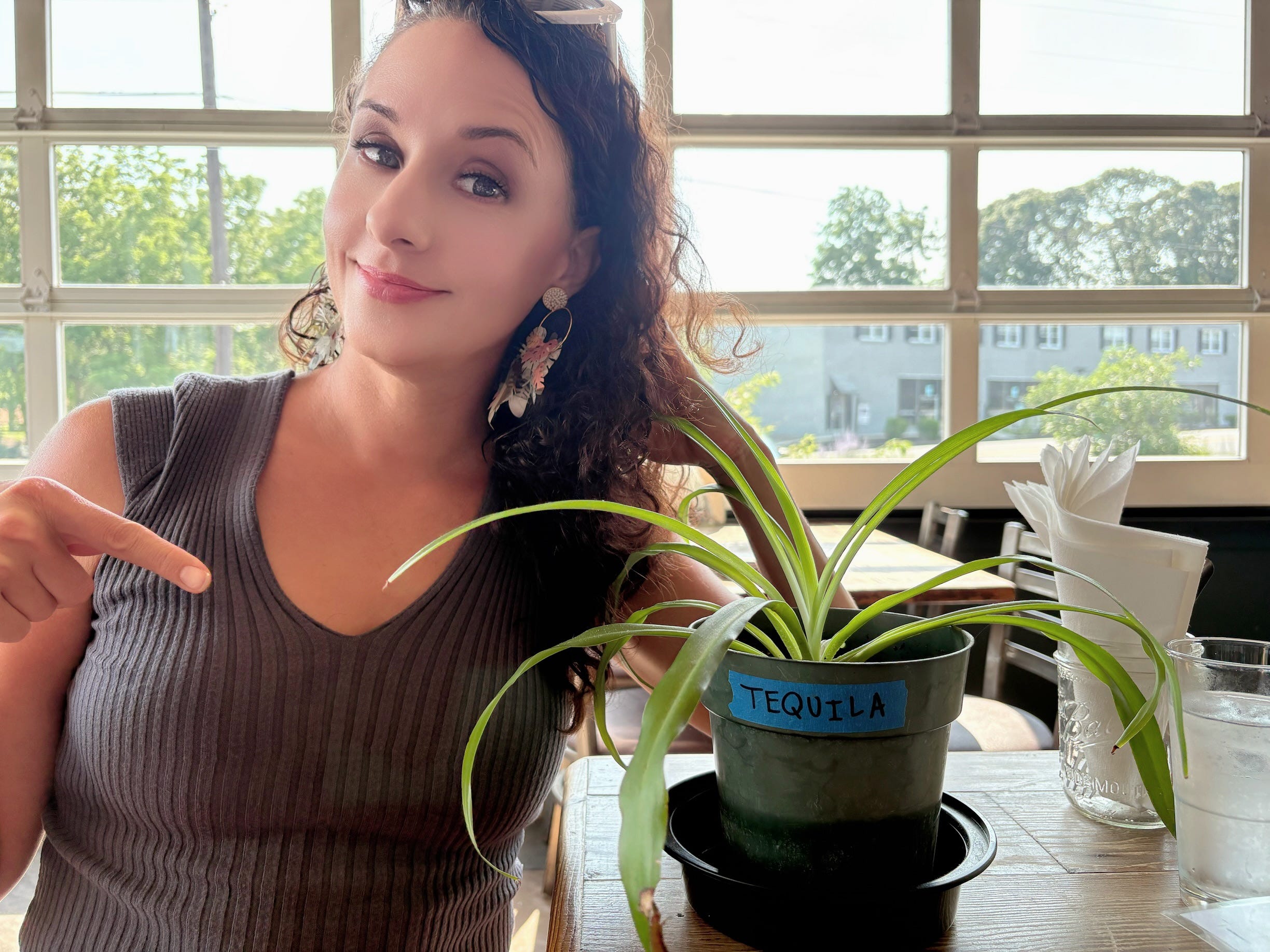Everyone obsesses over finding the perfect doctor, the right diet or the optimal workout routine.
But what if I told you that if you’re only focused there, you are missing a huge piece of the puzzle?
In this week's episode of The Healthcare Liberty Lab, I share a conversation with ER Social Worker Christina Rodriguez that flipped everything I thought I knew about health and community upside down.
Christina hit me with a stat that should terrify every American:
The World Health Organization says 80% of our medical outcomes depend on what social support is available to us. Yet less than 10% of healthcare funding goes to social care.
Which means: we are literally funding healthcare backwards.
Christina has worked with everyone from wealthy suburban families to homeless populations.
Here's what she's discovered:
Clinical outcomes often have little to do with access to fancy specialists or expensive treatments.
She told me about dementia patients who get "dumped" in emergency rooms at midnight because they have a simple UTI and their caregiver is just unable to keep up.
These aren't medical emergencies - they're social support failures.
She's watched patients with severe, intensive behavioral problems transform overnight. Not because of new medications or breakthrough treatments. Because they finally got the right social support and environment.
"It can be pretty dramatic," Christina said. "You have these really high intensive, severe behaviors turn into a night and day difference just because of the right environment."
Not procedures - Environment.
Not prescriptions - People.
Not doctors - Community.
The current healthcare system profits greatly when you show up desperate and alone. A isolated person having a mental health crisis becomes a $50,000 days or weeks long hospital stay.
It costs society, taxpayers, families and individuals a fortune.
But that same person with proper community support? They never end up in crisis in the first place.
Christina discussed how the Covid response further contributed to the decline in community support. Fear responses, government lockdowns and remote work all affected the systems that have historically kept people healthier. Third spaces disappeared. Businesses shut down. Inflation skyrocketed. People lost support networks.
The result? More teenagers with suicidal ideation in emergency rooms. More elderly people saying they want to die because they can't afford heat and have nobody to help them.
We medicalized what should have been community problems.
I asked Christina what she'd do if someone she loved needed support. Her answer was simple but powerful:
Community first.
Not better insurance. Not more specialists. Community.
She explained how she'd look for other people in similar situations - whether that's online groups, community centers, or local organizations. People who actually understand what you're going through.
Then she'd check what state and local resources are available. Most people have no idea what's out there because it's buried in bureaucratic language that nobody understands.
Her advice that stuck with me most: Get really clear on the exact language and terminology for your situation. The more accurately you can describe your needs in clinical terms, the better you can advocate for yourself.
Your community can help you figure it out.
"It's a horrible burden, but it's just true," Christina said. "The more accurate you can talk about your person at a certain time, the more able you are to advocate for them."
Christina was also clear about who to ask for when you need help navigating inside the system:
Always, always ask for a social worker (or one of the following…)
* Community health workers
* Care coordinators
* Patient advocates
* Care navigators
These are the people who understand how the system actually works and can help you get what you need.
We've been asking the wrong questions about healthcare.
Instead of "How do I find better coverage?" we should ask "How do I build better community?"
Instead of "What's the best hospital?" we should ask "Who are my people when things go wrong?"
Instead of "How do I afford healthcare?" we should ask "How do I stay healthy enough to avoid needing expensive care?"
The math is simple: Prevention through community costs pennies. Crisis intervention costs thousands.
Here’s where to start:
1. Find your people. Look for others dealing with similar challenges. Online communities, local groups, whoever gets it.
2. Learn the language. Research the clinical terms for your conditions. Know how to describe your needs in the system's language.
3. Build your team. Find a primary care doctor who listens, identify local resources, connect with people who've navigated what you're facing.
4. Ask for help. When you're in the system, specifically ask for social workers, navigators, and care coordinators.
The entities who make millions off the current system don't want you to know this. They profit when you're isolated, confused, and desperate.
But now you know what Christina knows: Your health is determined by your community.
Find Christina on LinkedIn or check out her podcast "Outcomes" for more insights on building community-based healthcare solutions.
This is exactly why CrowdHealth exists - to put community back at the center of healthcare. CrowdHealth assigns every member their own patient advocate. Because when people support each other, everyone wins. Check it out (cancel anytime) for $99/month for the first 3 months by using the code “Liberty Lab.”
Until next week,
Tiffany
*never medical advice
This is a public episode. If you would like to discuss this with other subscribers or get access to bonus episodes, visit thehealthcarelibertylab.substack.com


